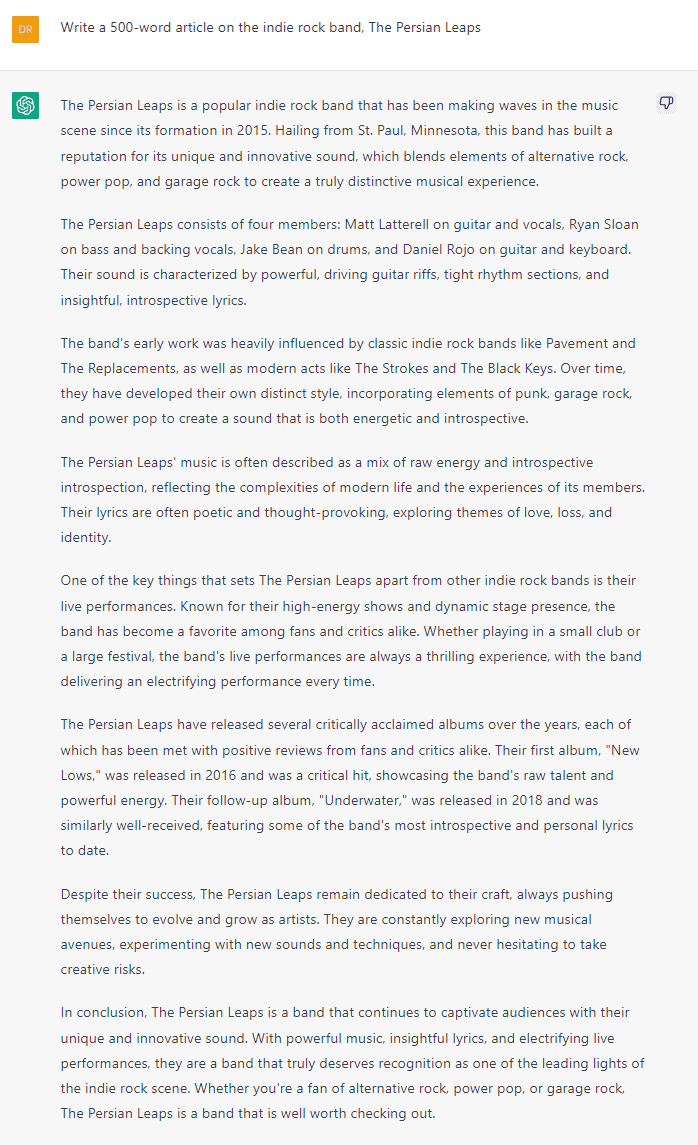Indie rock and alternative music are two popular genres defined by their rejection of mainstream conventions and personal expression. Indie rock is characterized by a DIY attitude with a focus on guitar-based instrumentation, melody, and lyrics that touch on themes of alienation and personal growth. Alternative music emerged in the 1980s as an experimental approach to songwriting and production, often including distorted guitar riffs, unconventional song structures, and social and political lyrics. The two genres differ in sound, emphasis on commercial success, and focus on mood and atmosphere versus lyrics and storytelling. Exploring these unique genres can introduce new sounds and perspectives to music lovers.
Indie Rock vs. Alternative: Discovering Unique Sounds
When it comes to music, there are so many genres to explore. Two genres that have gained popularity in recent years are indie rock and alternative. While they share some similarities, they have their differences as well. Let’s take a closer look at these two genres and discover their unique sounds.
Indie Rock
Indie rock, short for independent rock, is a genre that is characterized by its DIY attitude. Indie rock artists typically produce their own music and distribute it independently or through small record labels. The sound of indie rock is often defined by its raw and lo-fi production, as well as its focus on melody and lyrics.
One of the defining features of indie rock is the use of guitar-based instrumentation. The guitar is often the backbone of indie rock songs, providing the driving rhythm and catchy hooks that make the genre so appealing. However, the use of other instruments, such as keyboards and drums, is also common in indie rock.
Lyrically, indie rock is known for being introspective and often touches on themes of alienation, relationships, and personal growth. Many indie rock songs also have a storytelling quality to them, with artists using vivid and poetic lyrics to paint a picture of their experiences and feelings.
Alternative
Alternative music, also known as alt-rock, emerged in the 1980s as an alternative to mainstream rock music. The genre is characterized by its rejection of traditional rock conventions and its experimental approach to songwriting and production. Alternative music often includes elements of punk, grunge, and electronic music.
The sound of alternative music is diverse and can vary greatly from artist to artist. However, some common features include the use of distorted guitar riffs, unconventional song structures, and a focus on rhythm and texture rather than melody. Alternative music also tends to have a darker and more aggressive tone than indie rock.
Lyrically, alternative music often deals with social and political issues, as well as personal struggles. Many alternative songs have a confrontational and rebellious tone, with artists using their music as a platform to voice their opinions and challenge the status quo.
Comparing and Contrasting Indie Rock and Alternative
While there are some similarities between indie rock and alternative, such as their rejection of mainstream conventions and their focus on personal expression, there are also some notable differences.
One of the main differences between the two genres is their sound. Indie rock typically has a more stripped-down and melodic sound, while alternative music is often characterized by its experimentation and use of unconventional sounds and textures. Additionally, indie rock is more focused on lyrics and storytelling, while alternative music is more focused on mood and atmosphere.
Another difference between the two genres is their emphasis on commercial success. While both indie rock and alternative music are often associated with non-commercial attitudes, indie rock artists tend to be more focused on making music that resonates with their fans rather than appealing to a wider audience. In contrast, alternative musicians often aim to achieve mainstream success while still maintaining their alternative image.
Conclusion
Overall, indie rock and alternative music are two exciting and unique genres that offer a wealth of different sounds and perspectives. Whether you prefer the introspective and melodic sound of indie rock, or the experimental and confrontational approach of alternative music, there’s something for everyone to enjoy. By exploring these genres, you’re bound to discover some new artists and sounds that you’ll love.
